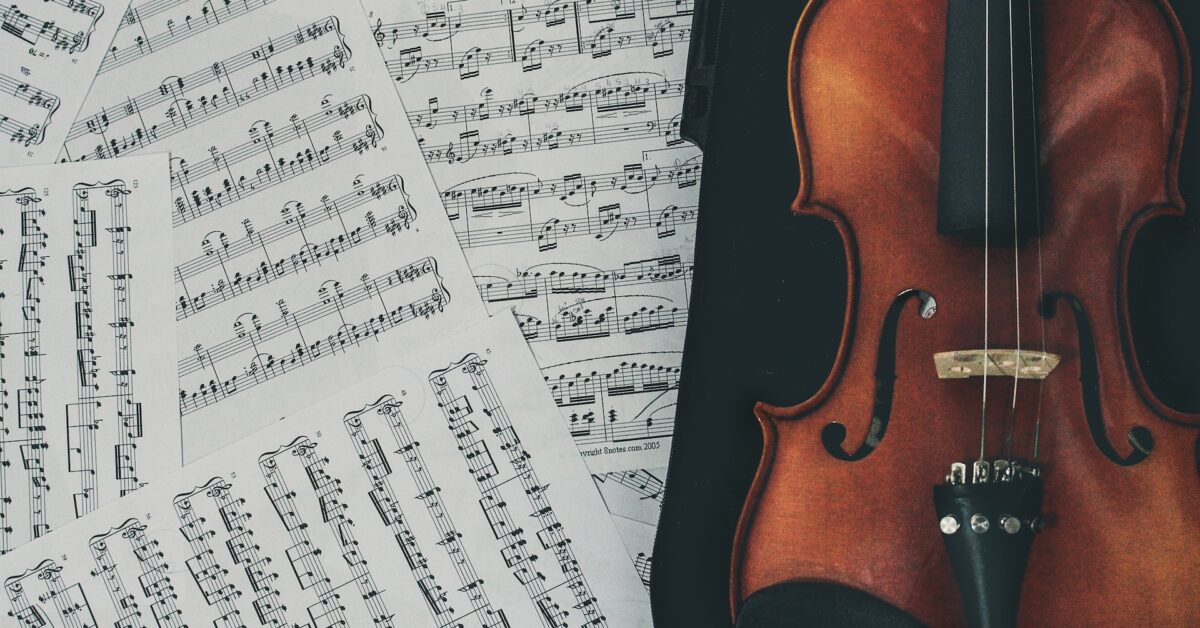Music programs are being cut from curriculums as school systems implement mandated standards to help students excel on standardized tests. Studies have shown that learning a musical instrument enhances brain development, increases creativity and social connections, and decreases stress.
It is essential to support the efforts of nonprofit organizations that fight to keep music programs in schools. Here are a few ways you can do so.
Donor Advised Funds (DAFs)
DAFs have become an essential tool for many donors. They are a way to make a significant gift and then recommend grants to multiple charities over time, amplifying their impact. This allows donors to take advantage of income tax deductions without the restrictions and hassles of setting up a private foundation.
These accounts can be set up with cash, stocks, or other assets, and the donor receives an immediate tax deduction for their contribution. The support can then be invested and grow tax-free until the donor wishes to use it to make grants. This allows donors to time their gifts according to their circumstances and includes family members in the philanthropic process.
Donors can also name a successor to continue managing their account when they can no longer do so, ensuring their legacy continues after death. Additionally, they can choose a community foundation as the sponsoring organization of their fund, connecting them with experts who understand local needs and regional challenges.
Nonprofits should actively seek to encourage DAF grantmaking. They should highlight their ability to accept DAF grants on their website and in gift acknowledgment letters. They can also contact local community foundations and single-issue organizations that work with DAFs to learn about their processes.
DAFs for Music Education
In addition to enhancing creativity and confidence, music education reduces stress. This is a significant benefit as the United States’ current educational system creates excellent incentives for students to care about and perform well on standardized tests (notwithstanding the intrinsic problems with these tests). Music can give children something else to look forward to during the school day and offer them a chance to excel differently by providing an alternative outlet for expression.
Music also offers opportunities to perform in public and earn money. Experts noted that some advanced learners who played violin and viola for the orchestra made pocket money by acting in shopping centers for their employers. In contrast, others played in concerts for which they got paid. For these reasons, music is often the only subject that motivates poor students to stay in school.
To make these programs sustainable, teachers must take a proactive role in communicating with their administrators about the value of music and how it impacts the lives of their students. This is difficult because many administrators have not been exposed to the benefits of music education as kids or adults themselves and may need help understanding how it can change the lives of their students. However, this can be changed by making music program information visible in the schools, such as concerts, rehearsals, and contests.
DAFs for Music Programs
Many investment firms have charitable arms that manage donor advised funds. These funds are a popular alternative to setting up private foundations. They allow donors to take an immediate tax deduction on their contribution, invest the money (any growth is tax-free), and then recommend grants to charities over time. DAFs have doubled in assets and gifts between 2007 and 2012.
While it’s not surprising that more people are using DAFs, it is challenging for fundraising professionals to keep up with the changes. Educating the public and donors about DAFs is essential so they can make informed decisions.
In addition, fundraisers need to encourage donors to support their local music programs with DAF gifts. One way to do this is to highlight music’s impact on students and the community. Inviting school board members, county/district supervisors, and state/national lawmakers to attend your student’s musical performance is also helpful.
DAFs for Music Teachers
Many music teachers are eager to help their students push themselves and pursue excellence while maintaining balance. This requires experience that comes only from years of training and practice in the field. Music teachers can play an essential role in fostering a culture of philanthropy, encouraging their students to give back.
The popularity of DAFs has skyrocketed over the last decade, partly due to large upfront tax deductions and advertising by investment firms. The funds are a popular alternative to setting up private foundations, and research suggests that donors find DAFs less costly, more flexible, and easier to manage than running a private foundation.
In addition to lower fees, DAFs often have lower minimum initial contributions and offer flexibility in the timing of grant recommendations. Additionally, donors can establish multiple DAFs, making it easy for family members to pool their assets and collaborate on philanthropic goals.
DAFs are now one of the most popular destinations for charitable giving in many high-income countries, and debates about whether they should be more tightly regulated continue to intensify. However, most of the relevant research and arguments for reform have come from the US. This article compares regulation with the US to highlight how different regulatory regimes shape donor behavior and market configurations.


